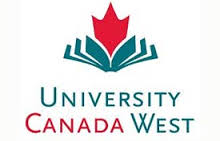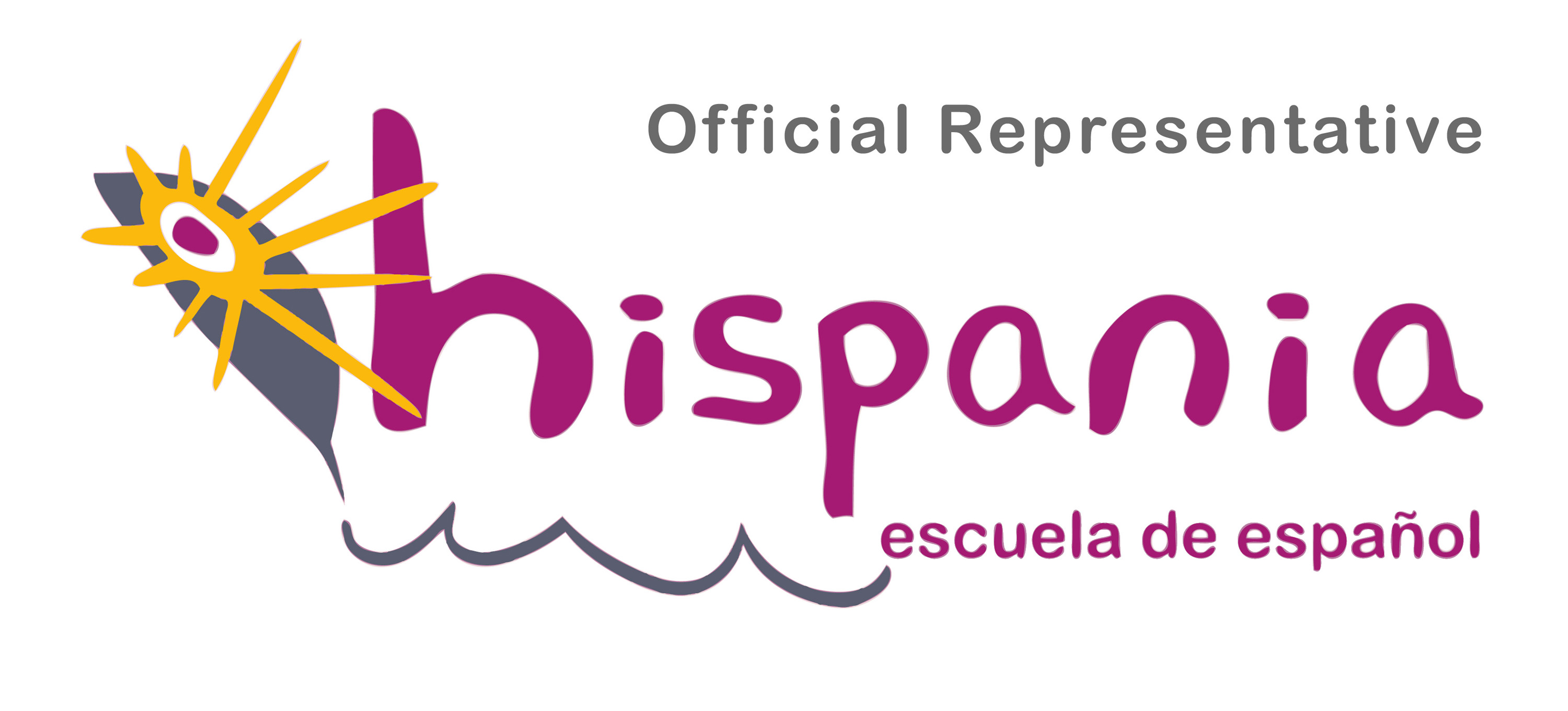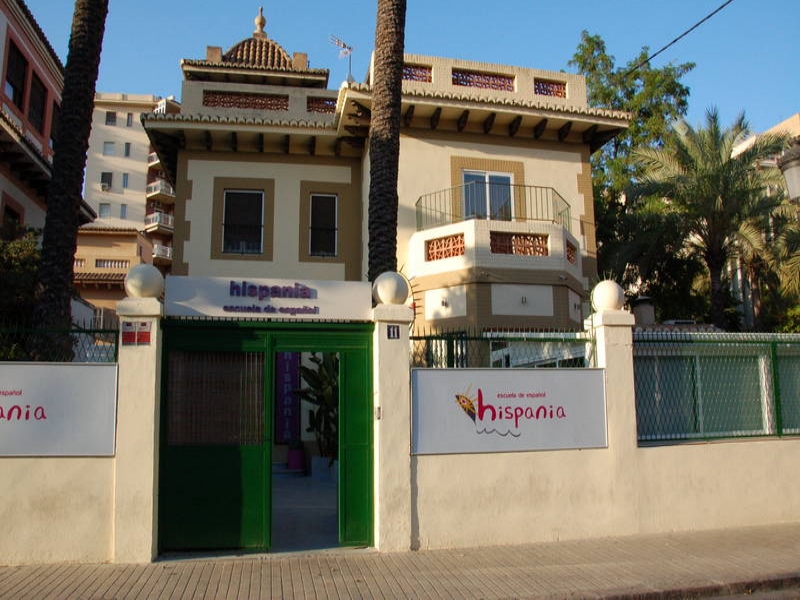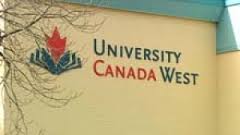Study in Ireland
Introduction
Although Ireland has a rich and distinctive history, it is a truly modern nation. In more recent years the economy has experienced unprecedented growth – especially in IT, biotechnology and international finance – and it has one of the highest economic growth rates in the world. Many students help support their studies by working 20 hours per week during semesters and 40 hours per week during vacations. The minimum wage in Ireland is 8.65 Euros per hour and after graduation there are work permit and green card opportunities, which can lead to PR.
The population of the Republic of Ireland is 4.5 million with around 1.5 million living in the capital city, Dublin.
Dublin is a young, vibrant and cosmopolitan city and has been named as Europe’s city of culture. It is a compact city with all modern amenities close at hand and a low crime rate when compared to other major cities around the world.
Irish people have a great love of conversation and a genuine interest in other people. They have become renowned for their friendliness and hospitality. This added to the country’s striking natural beauty contributes to the ease by which international students adapt to the Irish way of life.
As an independent English-speaking country situated on the western edge of Europe, the Republic of Ireland is an increasingly popular destination for students from all over the world. The under-graduate and post-graduate degrees awarded in Ireland have the highest international recognition and stand among the best in the world.
GEOGRAPHY & CLIMATE:
Ireland enjoys a temperature & climate influenced by the relatively warm waters of the Gulf Stream in whose path the island lies. During the winter temperatures rarely drop below freezing and snow is uncommon. The coldest and wettest months are December, January and February. July and August are the warmest months.

 Dear Aspirant,
Dear Aspirant,









